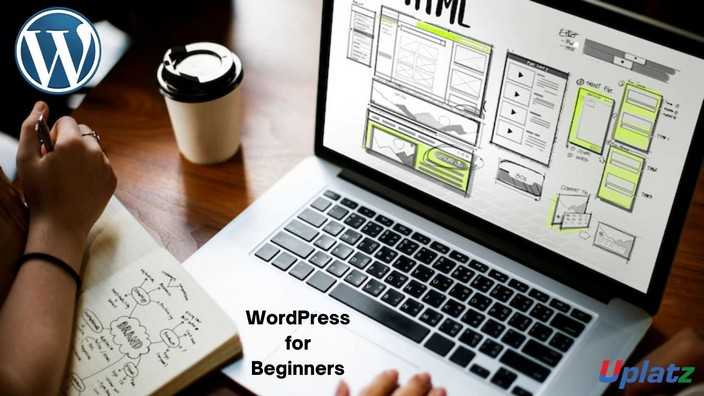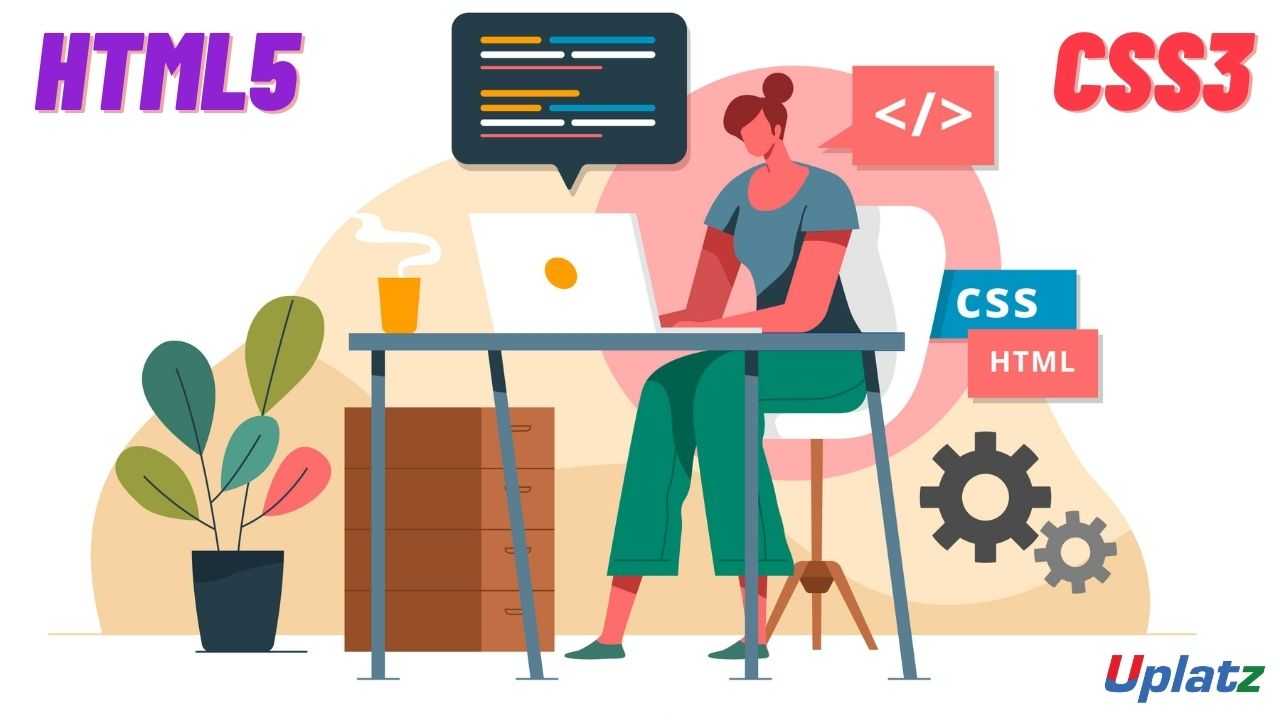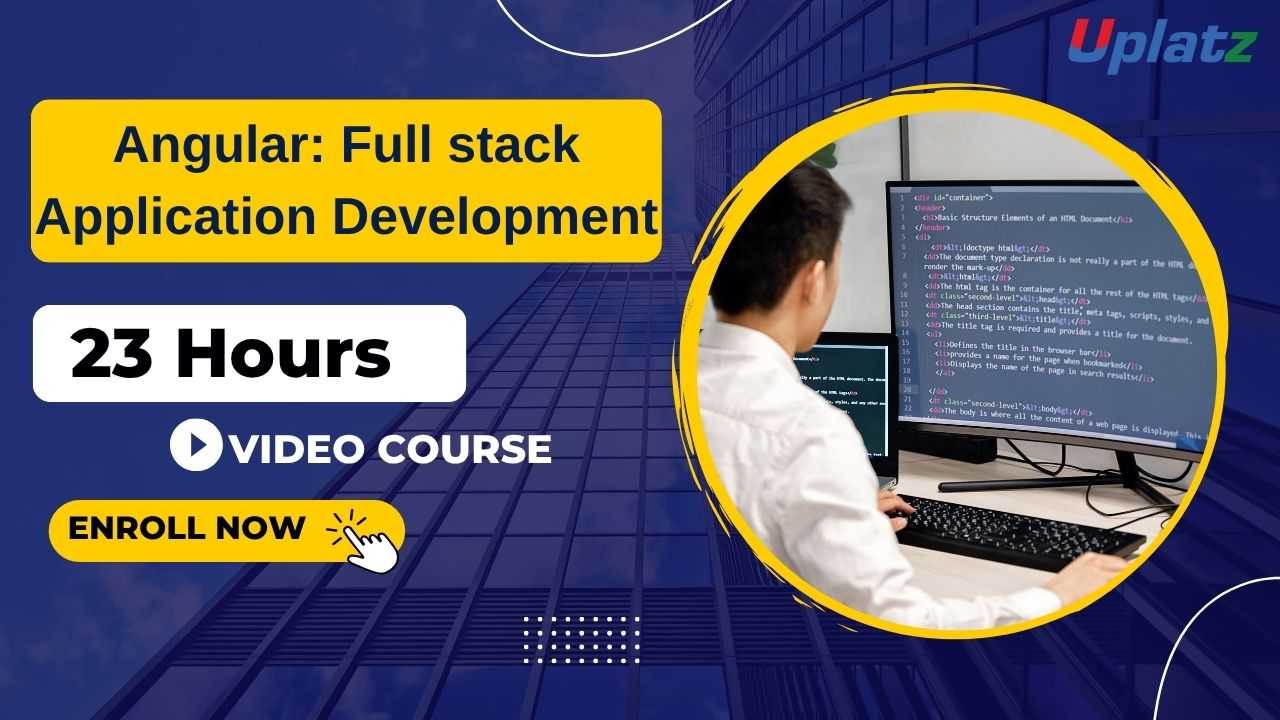Bundle Course - No-Code/Low-Code Application Development
Master Low-Code & No-Code Development, WordPress, Website Design, and Google Sheets for Rapid App BuildingPreview Bundle Course - No-Code/Low-Code Application Development course
Price Match Guarantee Full Lifetime Access Access on any Device Technical Support Secure Checkout Course Completion Certificate 91% Started a new career
BUY THIS COURSE (
91% Started a new career
BUY THIS COURSE (GBP 27 GBP 49 )-
 79% Got a pay increase and promotion
79% Got a pay increase and promotion
Students also bought -
-

- WordPress for Beginners
- 3 Hours
- GBP 29
- 79 Learners
-

- HTML5 and CSS3
- 15 Hours
- GBP 12
- 1333 Learners
-

- Angular: Full-Stack Application Development
- 23 Hours
- GBP 12
- 1249 Learners

Course/Topic 1 - Course access through Google Drive
-
Google Drive
-
Google Drive
Course/Topic 2 - Google Sheets course - all lectures
-
Lesson 1 - Introduction to Google Sheets
-
Lesson 2 - Menu Options - File
-
Lesson 3 - Menu Options - Edit
-
Lesson 4 - Menu Options - View
-
Lesson 5 - Menu Options - Insert
-
Lesson 6 - Menu Options - Format
-
Lesson 7 - Menu Options - Data and more
-
Lesson 8 - Entering Data and Editing
-
Lesson 9 - Functions - Numeric Function
-
Lesson 10 - Functions - Text Function
-
Lesson 11 - Functions - Date Functions
-
Lesson 12 - Charts and Conditional Formatting
-
Lesson 13 - Pivot Tables
-
Lesson 14 - Saving - Sharing
Course/Topic 3 - Basics of Website Design - all lectures
-
In this tutorial we will learn everything about the website and how they function. We will also cover how websites are built and how they are put on the web. Last we will learn how to create basic website using WordPress.
-
In this video we will see the advanced features on how to build website, also we will walkthrough certain other aspects of WordPress. We will see why WordPress is the most popular framework for building websites.
-
In this session we will see the last parts of building websites using WordPress. We will also cover the types of WordPress websites, differences in the types of websites.
-
Lesson 13 - Various Types of Websites
-
Lesson 14 - What to see in a Website
-
Lesson 15 - Basic Webpage Designing
-
Lesson 16 - Creation of a Website
-
Lesson 17 - Website Core Structure
Course/Topic 4 - WordPress for Beginners - all lectures
-
Lecture 1 - WordPress Introduction
-
Lecture 2 - WordPress Posting - Page - Blog
-
Lecture 3 - WordPress Theme Installation and Dashboard Intro
-
Lecture 4 - Page - Post - Codes - Contact
-
Lecture 5 - WordPress Conclusion
-
Understand low-code and no-code application development platforms.
-
Create functional apps using drag-and-drop interfaces and prebuilt templates.
-
Build professional websites using WordPress without coding.
-
Apply website design principles for better UI/UX.
-
Customize themes, plugins, and SEO settings in WordPress.
-
Automate workflows and integrate third-party services with no-code tools.
-
Master Google Sheets for data analysis and advanced reporting.
-
Use Google Sheets with AppSheet to build lightweight applications.
-
Create responsive, user-friendly digital solutions for businesses.
-
Prepare for careers in no-code/low-code development and freelancing.
- Introduction to no-code and low-code platforms
- Tools: Airtable, Bubble, Zapier basics
- Workflow automation and app building
- API integrations without coding
- Use cases in business automation and prototyping
- Installing WordPress and setting up hosting
- Understanding the dashboard and CMS features
- Themes, templates, and plugin management
- Creating pages, posts, and menus
- Basic SEO setup and site optimization
- Principles of modern web design
- Layouts, grids, and responsive design
- Typography and color theory
- Image optimization and asset management
- UI/UX best practices for website development
-
Spreadsheet basics: formulas, formatting, and functions
-
Data sorting, filtering, and validation
-
Pivot tables and advanced formulas
-
Automating tasks with scripts and macros
-
Integrating Sheets with AppSheet for app development
Upon completion, learners will receive a Certificate of Completion from Uplatz, validating their expertise in no-code/low-code development, website building, and automation. This certification demonstrates your ability to design and deliver functional web apps and automated solutions for businesses, preparing you for freelance opportunities or roles in digital transformation teams. It also serves as a stepping stone to advanced certifications in no-code platforms like Bubble and AppSheet.
- No-Code/Low-Code Developer
- WordPress Developer (Non-Coding)
- Website Designer (UI/UX-focused)
- Automation Specialist (Zapier/Airtable)
- Business Automation Analyst
- What is the difference between low-code and no-code platforms?
Low-code platforms require minimal coding for customization, while no-code platforms use entirely visual interfaces with drag-and-drop features. - How do tools like Airtable and Bubble support app development?
They provide prebuilt components, visual workflows, and database functionality to quickly create apps without traditional coding. - What are plugins in WordPress?
Plugins are add-ons that extend WordPress functionality, such as SEO tools, contact forms, or e-commerce features. - Explain the importance of responsive design.
Responsive design ensures websites adapt to different screen sizes and devices for better user experience. - How can Google Sheets be used for automation?
By creating formulas, scripts, and integrations (e.g., AppSheet), Google Sheets can automate reporting and workflows. - What role does SEO play in WordPress sites?
SEO improves website visibility on search engines, driving organic traffic to WordPress sites. - How can Zapier improve workflow efficiency?
Zapier connects apps and automates repetitive tasks through no-code workflows called "Zaps." - What are common mistakes in website design?
Poor navigation, inconsistent typography, cluttered layouts, and lack of mobile responsiveness. - What is AppSheet, and how does it relate to Google Sheets?
AppSheet is a no-code platform that converts Google Sheets data into fully functional mobile or web apps. - Why are no-code/low-code tools growing in popularity?
They reduce development time and costs, empower non-technical users, and speed up digital transformation initiatives.









